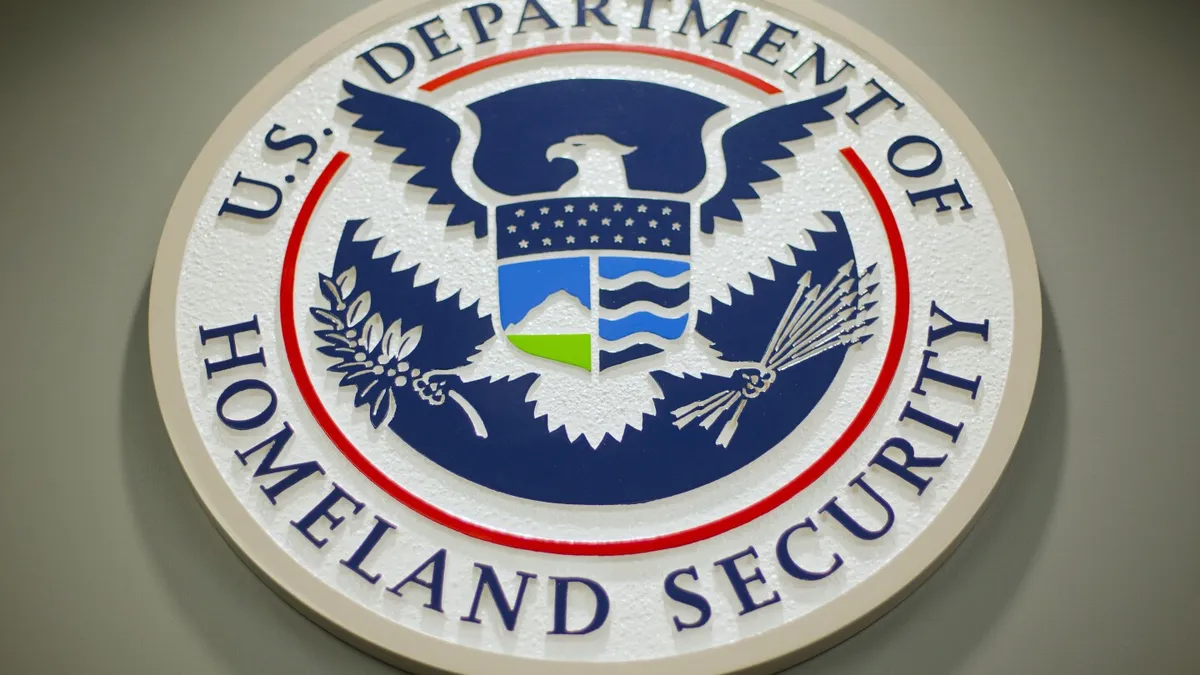
GREENBELT, Md. (AP) — In a significant legal decision, a federal judge has issued a ruling to block immigration agents from carrying out enforcement operations within houses of worship. This ruling specifically impacts Quakers and several other religious groups, underscoring potential violations of their religious freedom.
U.S. District Judge Theodore Chang, presiding in Maryland, determined that the policy introduced by the Trump administration could infringe upon religious freedoms. He decided to halt its implementation while a lawsuit contesting the policy is underway.
The preliminary injunction applies solely to the plaintiffs, which include a network of Baptist churches in Georgia and a Sikh temple in California. These religious entities initiated the lawsuit following the Trump administration's decision to rescind Department of Homeland Security (DHS) policies, which previously restricted locations for migrant arrests, as part of President Donald Trump's agenda to enforce mass deportations.
The revised policy, as per the Trump administration, authorizes field agents to exercise “common sense” and “discretion” in conducting immigration enforcement operations at houses of worship without needing supervisor approval. Plaintiffs’ attorneys argue that this new directive represents a significant departure from the government’s longstanding policy, which has avoided immigration enforcement in “protected areas” or “sensitive locations” for over 30 years.
Five Quaker congregations from Maryland, Massachusetts, Pennsylvania, and Virginia have joined forces to sue the DHS and its secretary, Kristi Noem, shortly after the policy change was announced. The congregations' legal representatives highlight the growing fear among immigrants, many of whom are now apprehensive about attending religious services due to the enforcement risks.
“It’s a fear that people are experiencing across the country,” stated plaintiffs’ attorney Bradley Girard during a February court hearing. “People are not showing up, and the plaintiffs are suffering as a result.”
In response, government attorneys argue that the plaintiffs lack concrete evidence of their religious organizations being specifically targeted. Justice Department attorney Kristina Wolfe emphasized this point during court proceedings, noting that the plaintiffs' claims are speculative. She also highlighted that Judge Chang was appointed by President Barack Obama.
Additionally, a separate lawsuit, involving over two dozen Christian and Jewish groups, has been filed in Washington, D.C., representing millions of Americans who share similar concerns.
The plaintiffs in the Maryland case are represented by the Democracy Forward Foundation. Their legal team has requested a nationwide injunction against the DHS policy, arguing that it grants the authority to enter any house of worship irrespective of its religious beliefs.
Government lawyers countered by pointing out that immigration enforcement activities have historically occurred in sensitive places, including houses of worship. The primary change is the removal of the requirement for supervisory approval.
As this legal battle unfolds, the ruling highlights the ongoing tensions between immigration enforcement policies and the protection of religious freedoms within the United States.